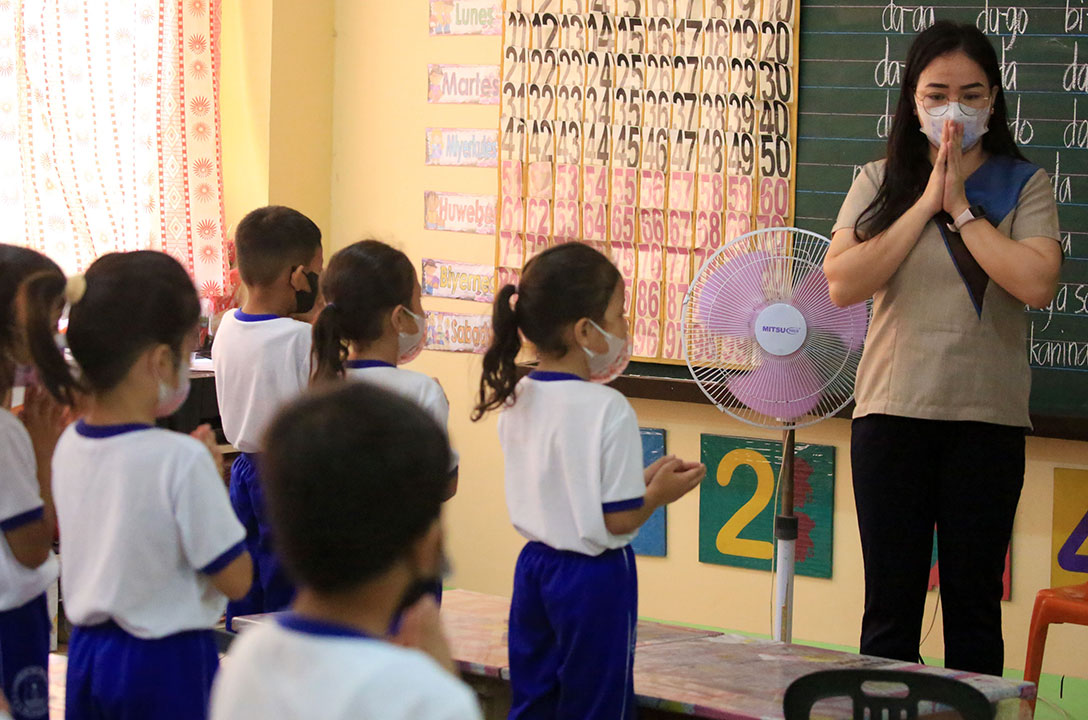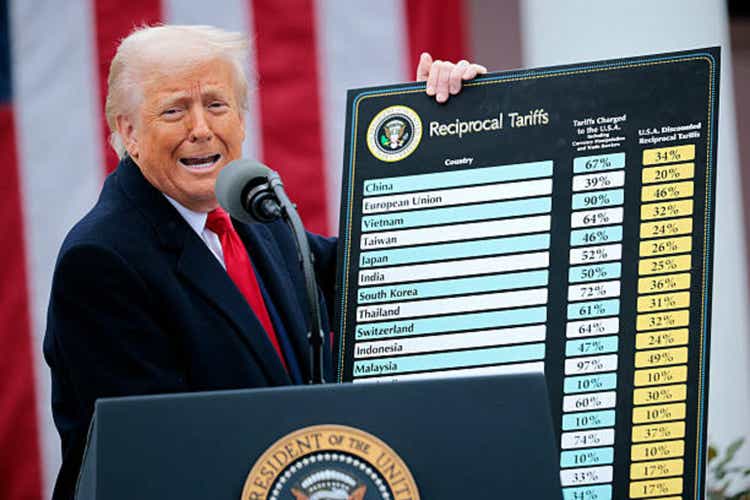 PHILIPPINE STAR/ EDD GUMBAN
PHILIPPINE STAR/ EDD GUMBANTHE PHILIPPINES must strengthen the regulatory powers of local government units and school leaders and decentralize the school sector to address educational gaps, the non-profit group Philippine Business for Education (PBEd) said.
“To solve deeply rooted education problems, we must empower those closest to the ground. National policy can set the directions, but delivery must be localized,” PBEd Deputy Executive Director Hanibal E. Camua told a news briefing on Monday.
A January 2025 report by the Second Congressional Commission on Education (EDCOM 2) warned about the dire state of basic literacy in Philippine public schools, with students falling four to five years behind the expected reading proficiency for their grade levels.
EDCOM 2 recommended a “teach-at-the-right-level” approach, tailoring instruction to students’ actual learning needs rather than their age or grade. It also sought stronger support from the Department of Education in enforcing remedial and foundational programs.
Mr. Camua added that decentralizing the education sector would allow local governments and community leaders to implement policies within their respective areas.
“Solutions must come from those who understand the context best, our school leaders, our local government units. That’s why decentralization is not just an option, it is a necessity,” he added.
PBEd is also calling for the proper implementation of local school boards and special education funds (SEF), that would enable localized improvements in education.
“Yet in many areas, the local school boards remain underutilized, and the SEF is often spent on infrastructure alone,” Mr. Camua added.
He said that the government must strengthen school boards to become active decision makers in planning, budgeting, and monitoring education policy.
He added that the SEF should also be more flexible and spent on interventions that improve access, equity, and learning outcomes, notable in underserved areas.
Mr. Camua said that the government should also scale up remediation programs, “to make sure that every learner, can read, write and do math at the right level.”
Moreover, PBEd called for the realignment of technical vocation and other higher education curricula with industries’ demand.
He said that this would enable graduates to be “ready for or real jobs and real employment.”
He also raised a need to keep investing in the support of teachers, school leadership, and better classroom-to-learner ratios.
Amid a persistent learning crisis, the government fell short of its target to add 20,000 teachers for the school year, managing to recruit only 16,000.
It is also seeking 10,000 additional administrative assistants to support public schools as they handle accounting, paperwork, documentation, and other matters. — Adrian H. Halili

 2 days ago
1
2 days ago
1














 English (US) ·
English (US) ·